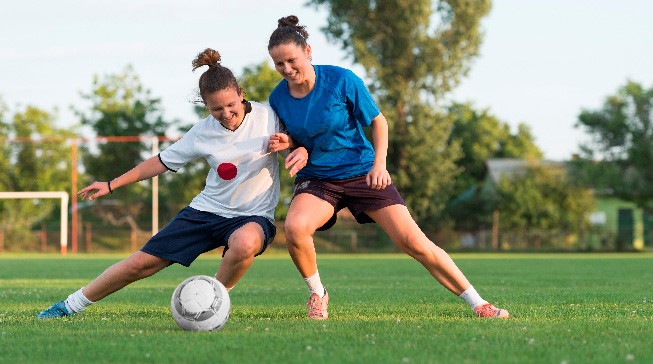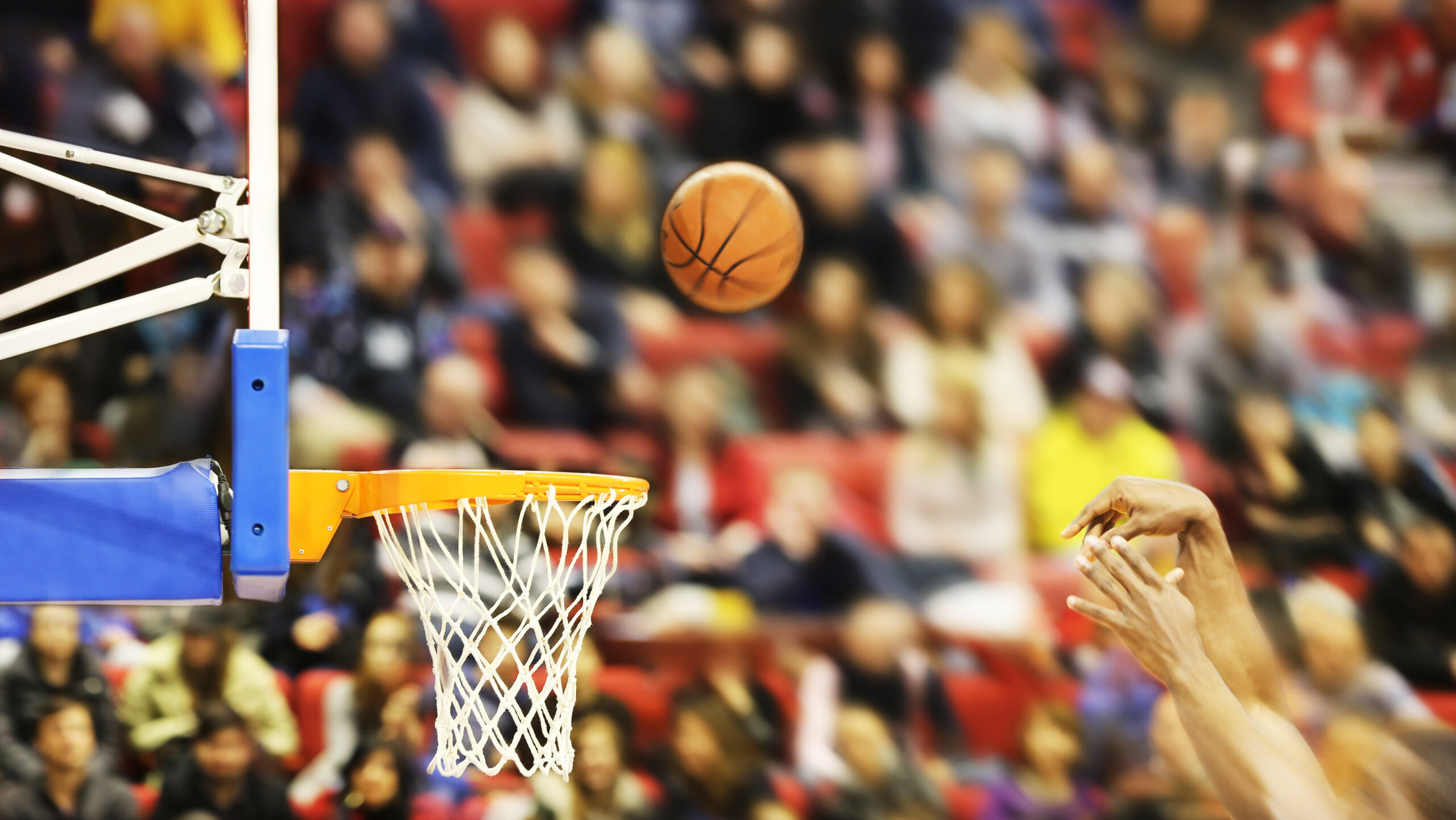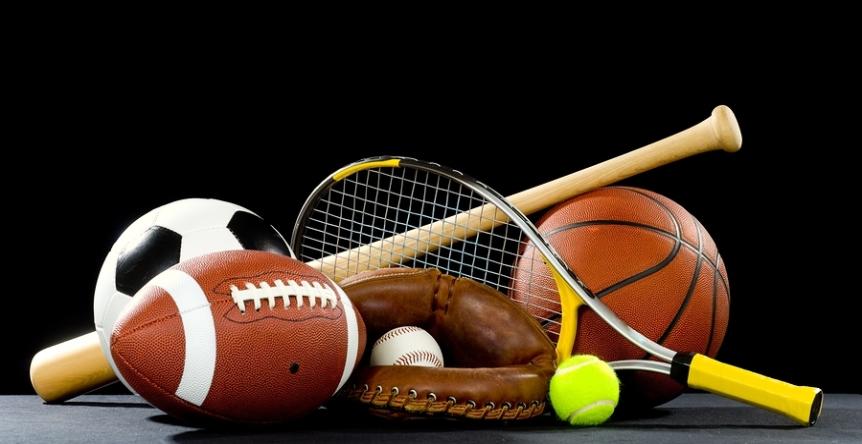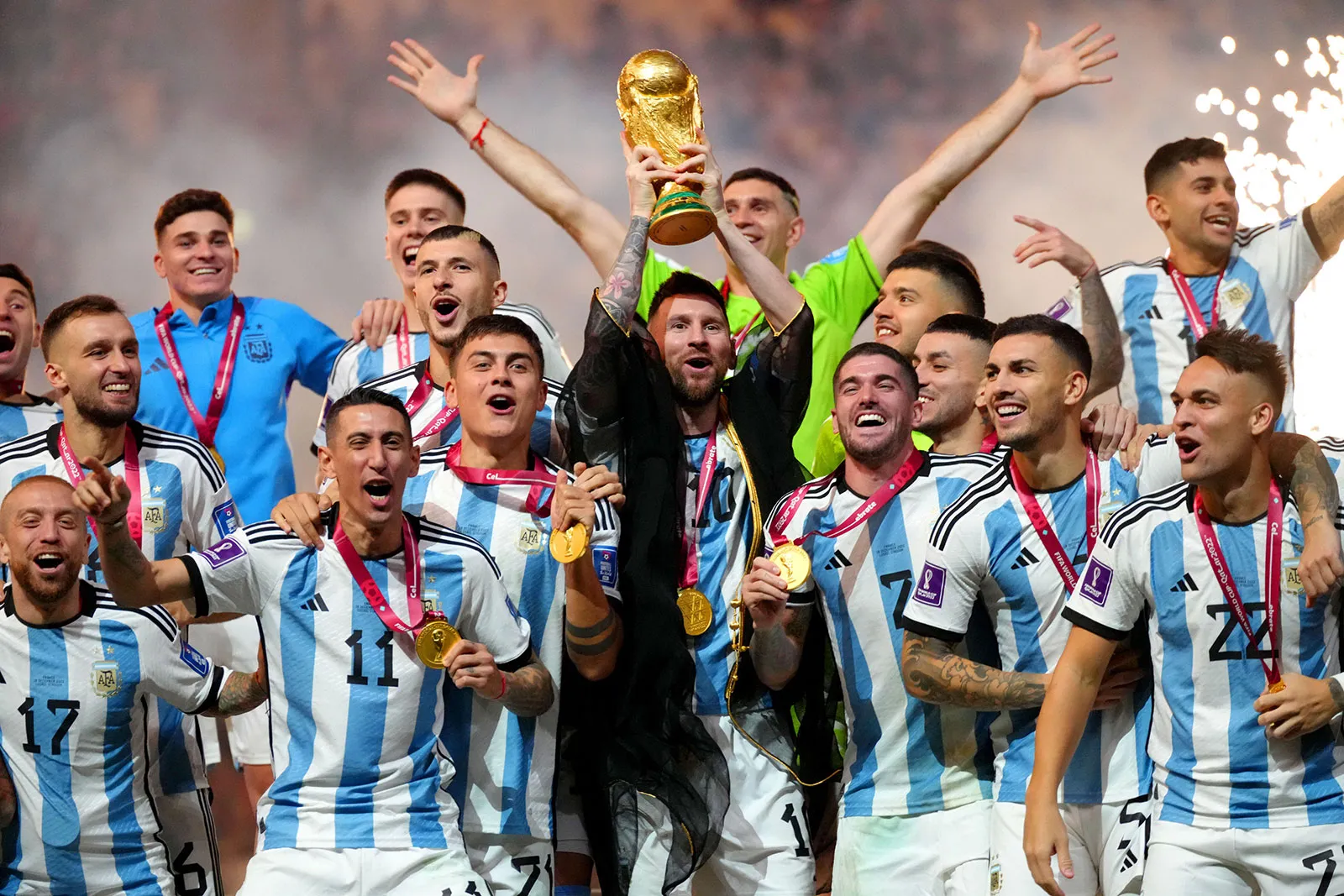Athletic talent is a precious and unique gift possessed by only a select few. However, it is through the guidance and mentorship of coaches and trainers that this raw talent is nurtured, honed, and transformed into greatness. The role of coaches and trainers in the world of sports cannot be overstated. They are the unsung heroes behind the scenes, shaping young athletes into the champions we admire. In this extensive exploration, we delve deep into the multifaceted roles of coaches and trainers in nurturing athletic talent.
Identifying and Cultivating Talent
One of the primary roles of coaches and trainers is to identify and cultivate athletic talent. Talent can manifest in various forms, and it's not always immediately apparent. Coaches possess the experience and expertise to recognize potential in individuals, often before the athletes themselves realize it. They look beyond physical attributes and consider psychological and emotional characteristics that can contribute to an athlete's success.
Through comprehensive assessments, coaches and trainers evaluate an athlete's strengths, weaknesses, and potential. This initial analysis serves as the foundation upon which tailored training programs are built. It allows coaches to provide athletes with personalized guidance and support to enhance their natural abilities.
Skill Development
Skill development is at the core of athletic training, and coaches and trainers play a pivotal role in this process. They design training routines that focus on improving an athlete's specific skill set. Whether it's refining a golfer's swing, perfecting a gymnast's routine, or enhancing a
basketball player's shooting accuracy, coaches provide targeted instruction and feedback.
Moreover, coaches create a structured environment that fosters skill development. They organize drills, practice sessions, and simulations that simulate game conditions, allowing athletes to refine their skills under pressure. This preparation is invaluable when it comes to performing at the highest level of competition.
Mental Conditioning
In the world of sports, mental strength is often the difference between victory and defeat. Coaches and trainers recognize the significance of mental conditioning and work to develop an athlete's mental toughness. They teach strategies to manage stress, anxiety, and performance pressure.
Mental conditioning involves setting goals, visualizing success, and maintaining focus during high-pressure situations. Coaches use various techniques, such as meditation, visualization, and positive self-talk, to nurture an athlete's mental resilience. This aspect of training is especially crucial in individual sports like tennis or golf, where an athlete's mental state can significantly impact their performance.
Physical Conditioning
While talent may be innate, physical conditioning is the result of rigorous training and preparation. Coaches and trainers design fitness programs that are tailored to an athlete's sport and position. These programs aim to improve an athlete's strength, speed, agility, endurance, and flexibility.
Through
structured strength and conditioning workouts, athletes develop the physical attributes necessary to excel in their sport. Coaches closely monitor progress, making adjustments to training regimens as needed. They understand the delicate balance between pushing athletes to their limits and preventing injury, ensuring that their physical development is both safe and effective.
Nutritional Guidance
Nutrition plays a critical role in an athlete's performance and overall health. Coaches and trainers often collaborate with nutritionists and dietitians to create customized dietary plans for athletes. These plans are designed to meet the specific nutritional needs of each athlete, considering factors like age, gender, sport, and training intensity.
Proper nutrition fuels an athlete's body, aids in recovery, and enhances endurance. Coaches educate athletes about the importance of dietary choices and monitor their eating habits. They help athletes make informed decisions about what they consume to optimize their performance and maintain peak physical condition.
Injury Prevention and Rehabilitation
Injuries are an unfortunate part of the athletic journey. Coaches and trainers are instrumental in both preventing injuries and facilitating rehabilitation when they occur. They educate athletes about injury prevention strategies, including proper warm-up techniques, stretching routines, and biomechanical corrections.
Additionally, coaches and trainers work closely with medical professionals to develop rehabilitation plans for injured athletes. They oversee the athlete's recovery process, ensuring that it is gradual and safe. This collaborative approach between coaches, trainers, and medical experts helps athletes return to their sport in the best possible condition.
Team Building and Leadership
In team sports, coaches are not only responsible for individual athlete development but also for fostering a sense of
teamwork and leadership within the group. They instill values like communication, trust, and accountability, which are essential for a team's success.
Coaches and trainers create an environment where athletes learn to work together, support one another, and lead by example. They teach athletes to embrace their roles within the team and emphasize that every member contributes to the collective goal.
Motivation and Inspiration
Coaches and trainers are not just instructors; they are motivators and sources of inspiration for their athletes. They understand the importance of keeping athletes motivated throughout their training and competitive journeys.
Coaches use various motivational techniques, such as setting achievable goals, providing constructive feedback, and celebrating small victories. They also share inspirational stories of athletes who have overcome adversity to achieve greatness, inspiring their own athletes to persevere through challenges.
Tactical and Strategic Planning
In addition to physical and mental conditioning, coaches are responsible for developing game strategies and tactics. They analyze opponents, devise game plans, and make in-game decisions that can influence the outcome. These strategic elements are particularly crucial in team sports like football, soccer, and basketball.
Coaches teach athletes to execute plays, adapt to changing game situations, and make split-second decisions. They foster a deep understanding of the sport's nuances, allowing athletes to anticipate and react effectively to the actions of their opponents.
Personal Development and Life Skills
Coaches and trainers often play a significant role in an athlete's personal development beyond sports. They serve as mentors and role models, imparting valuable life skills that extend far beyond the playing field. These skills include discipline, time management, teamwork, and resilience.
Athletes often face adversity, setbacks, and failures during their careers. Coaches and trainers help them navigate these challenges and develop the mental fortitude to persevere. These life skills not only contribute to success in sports but also in the athletes' broader lives.
Career Guidance
For many athletes, sports are a stepping stone to a career, and coaches and trainers often assist in this transition. They provide guidance on career options within and outside of sports, helping athletes make informed decisions about their future.
Coaches may also connect athletes with networking opportunities, mentors, and resources to facilitate their post-
sports career development. This support is invaluable in ensuring that athletes have a successful transition to life beyond their athletic careers.
Long-Term Athlete Development
Coaches and trainers are not solely focused on short-term success. They take a long-term perspective on athlete development, aiming to nurture talent over years or even decades. This approach involves continually assessing and adjusting training programs to accommodate an athlete's growth and changing needs.
Furthermore, coaches consider an athlete's age and development stage, ensuring that training is age-appropriate and aligns with the athlete's long-term goals. This perspective is particularly crucial for young athletes who have the potential for sustained excellence.
Coaches and trainers are the backbone of athletic development, playing a multifaceted and indispensable role in nurturing talent. From identifying potential to developing skills, fostering mental and physical conditioning, preventing injuries, and guiding athletes in personal and career development, their impact extends far beyond the confines of the playing field. Without the dedication and expertise of coaches and trainers, the world of sports would be deprived of its greatest talents and heroes. Their commitment to nurturing athletic talent is a testament to the profound influence they have on the lives of athletes and the sports they love.

















